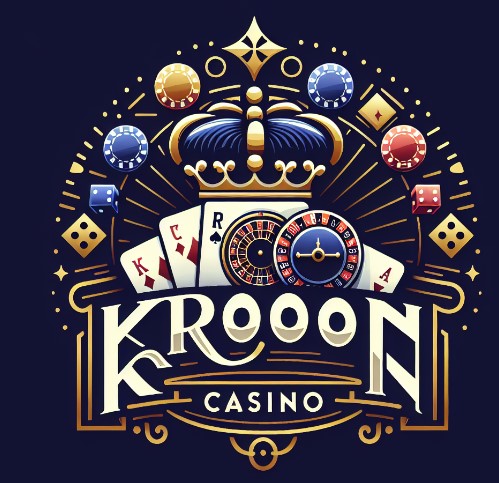Massively multiplayer online role-playing games (MMORPGs) have become a cornerstone of the gaming industry, captivating millions of players worldwide with their immersive worlds and complex gameplay. One of the most fascinating aspects of MMORPGs is the development of intricate virtual economies. These digital ecosystems mirror real-world economic systems in surprising ways, creating markets for virtual goods that often hold substantial real-world value. Understanding these virtual economies requires an exploration of their structure, the value of virtual goods, and the legal implications surrounding their trade.
The Structure of Virtual Economies
In MMORPGs, virtual economies are built on the activities and interactions of players within the game world. Players gather resources, craft items, and trade goods, creating supply and demand dynamics similar to those in real-world markets. These economies are often driven by scarcity, utility, and player-driven supply chains, where the rarity of items and the effort required to obtain them play significant roles in determining their value.
Developers of MMORPGs carefully design these economies to ensure balance and fairness. They introduce mechanisms such as in-game currencies, auction houses, and marketplaces where players can buy and sell items. The constant influx of new content and updates keeps these economies dynamic, requiring players to continually adapt their strategies.
Real-World Value of Virtual Goods
One of the most intriguing aspects of virtual economies is the real-world value assigned to virtual goods. Rare items, powerful weapons, and unique cosmetics can fetch high prices on secondary markets, where players trade in-game assets for real money. This phenomenon has given rise to a thriving industry where virtual goods are bought and sold, sometimes for thousands of dollars.
For instance, rare mounts, limited-edition skins, and high-level accounts are often in high demand. The scarcity and exclusivity of these items drive up their value, creating opportunities for players to monetize their in-game achievements. However, this real-world value also brings challenges, such as the risk of fraud, account theft, and the emergence of black markets.
Legal Implications of Virtual Goods Trade
The trade of virtual goods for real money has significant legal implications. The ownership and transfer of digital assets raise questions about property rights, taxation, and consumer protection. In many jurisdictions, the legal framework surrounding virtual goods is still evolving, leading to a grey area where players and developers must navigate complex regulations.
One critical issue is the enforcement of terms of service agreements. Most MMORPGs prohibit the sale of in-game items for real money, yet these transactions continue to thrive on third-party platforms. Developers are often caught in a balancing act, trying to protect their game’s integrity while accommodating player demand for secondary markets.
Moreover, the taxation of income generated from virtual goods trade poses another legal challenge. Governments are increasingly recognizing the need to tax these transactions, but the lack of clear guidelines complicates the process for players and developers alike.
Virtual economies in MMORPGs are complex, dynamic, and increasingly intertwined with real-world economic activities. The value of virtual goods and the legal implications of their trade highlight the growing significance of these digital ecosystems. As the gaming industry continues to evolve, understanding and navigating the intricacies of virtual economies will be crucial for players, developers, and policymakers alike.


Leave a Reply